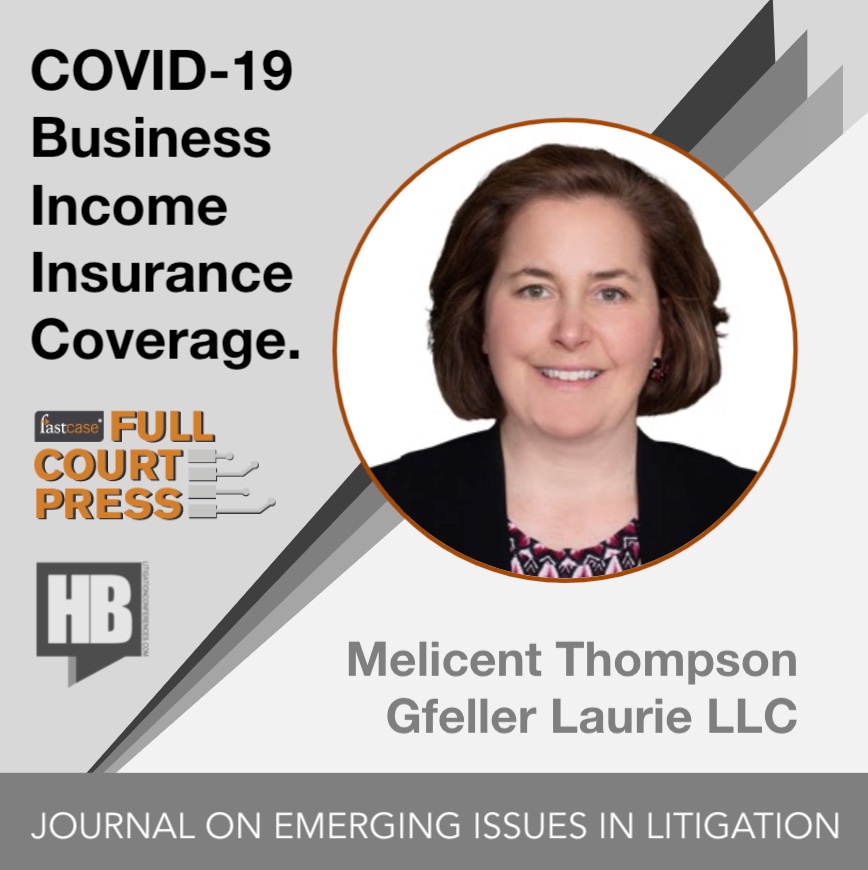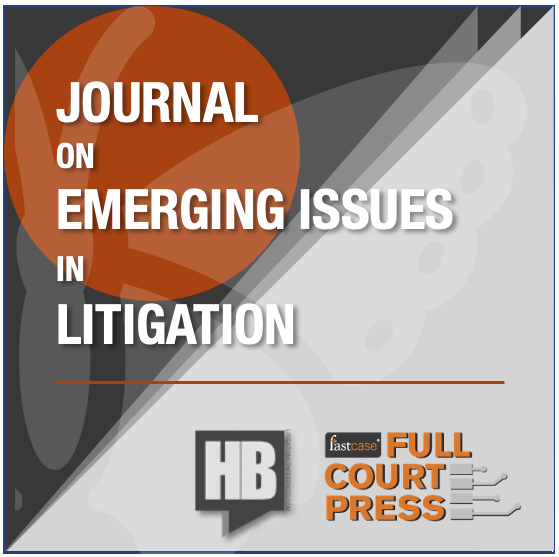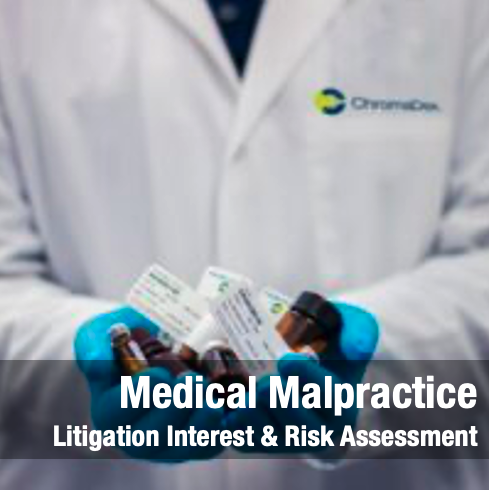Vince Vitkowsky on Insurance Coverage for Civil Unrest
Vince Vitkowsky on Insurance Coverage for Civil Unrest Civil unrest. Peaceful protests. Massive marches. Riots. Looting. Which of these things are not like the other? Recent social outrage over police shootings of Black people -- these events in particular -- have sent people to the streets by hundreds of thousands. In some cases these constitutionally protected activities are followed by property damage, injury and death. Observers continue to debate who is responsible for the violence. Whatever the answer, as a very practical matter, someone has to pay for the property damage. Join me for my conversation with Vince Vitkowsky of Gfeller Laurie LLP. Vince possesses deep knowledge of insurance coverage matters, representing carriers in a variety of areas, e.g. cyber risk, data privacy, general liability, directors and officers liability, health, and more. He combines his experience as a veteran insurance and reinsurance lawyer with a strong background in terrorism and national security law. This podcast is the audio companion to the Journal on Emerging Issues in Litigation, a collaborative project between HB Litigation Conferences and the Fastcase legal research family, which includes Full Court Press, Law Street Media, Docket Alarm and, most recently, Judicata. If you have comments or wish to participate in one our projects, or want to tell me how insightful and informative Vince is , please drop me a note at Editor@LitigationConferences.com. I hope you enjoy the [...]





